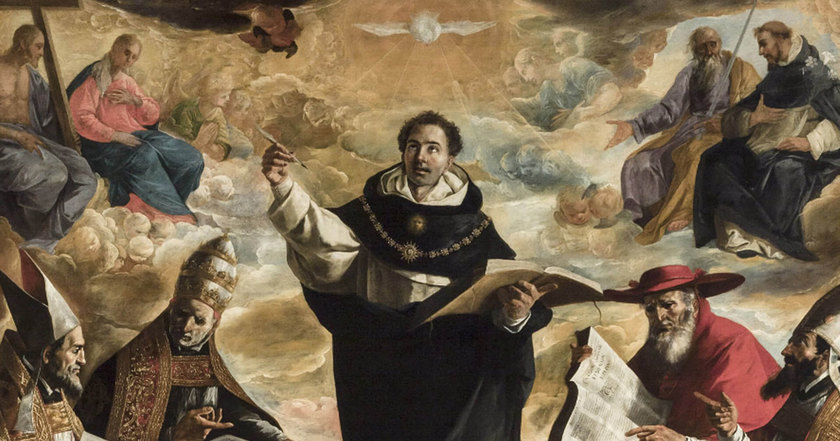Okay, here is what Aquinas says in ST III, Q. 87, A. 3
I'll make bold and underline those actions that remit venial sin.
I answer that, As stated above (Article 2), no infusion of fresh grace is required for the forgiveness of a venial sin, but it is enough to have an act proceeding from grace, in detestation of that venial sin, either explicit or at least implicit, as when one is moved fervently to God.
Hence, for three reasons, certain things cause the remission of venial sins: first, because they imply the infusion of grace, since the infusion of grace removes venial sins, as stated above (Article 2); and so, by the Eucharist, Extreme Unction, and by all the sacraments of the New Law without exception, wherein grace is conferred, venial sins are remitted.
Secondly, because they imply a movement of detestation for sin, and in this way the general confession [i.e. the recital of the Confiteor or of an act of contrition, the beating of one's breast, and the Lord's Prayer conduce to the remission of venial sins, for we ask in the Lord's Prayer: "Forgive us our trespasses." *
Thirdly, because they include a movement of reverence for God and Divine things; and in this way a bishop's blessing, the sprinkling of holy water, any sacramental anointing, a prayer said in a dedicated church, and anything else of the kind**, conduce to the remission of venial sins.
* The Jesus Prayer: "Lord Jesus Christ, Son of God, have mercy on me a sinner!" woudl also meet this requirement, as would the prayer in the Divine Mercy chaplet "have mercy on us and on the whole world."
** By "anything else of the kind," he indicates that what remits venial sins is not limited to what he has shared heretofore.



















